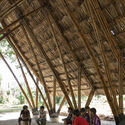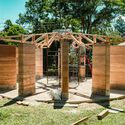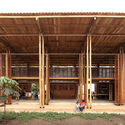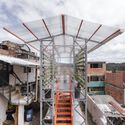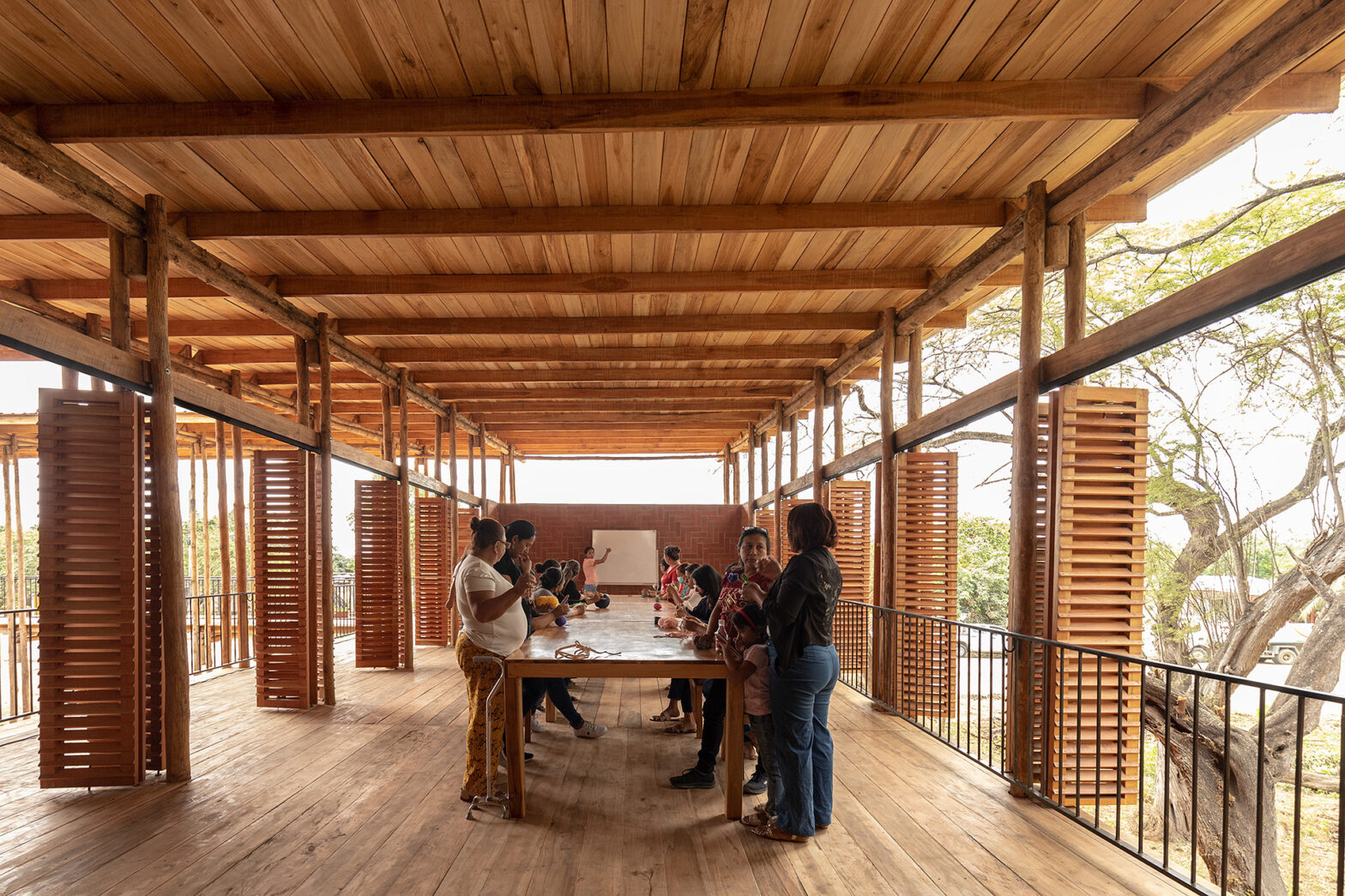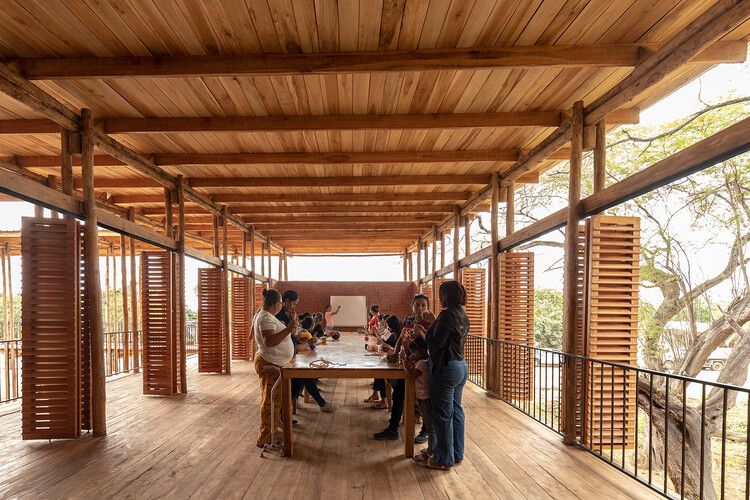
Across South America, architecture is increasingly seen as a collective act. Rather than imposing outside views, many studios and designers build with and for communities, learning from their local practices, materials and ways of living. These projects reposition the role of the architect from author to facilitator, transforming design into a participatory process that emphasizes collaboration, care and mutual respect.
What unites these efforts is not style or scale, but a shared belief: architecture emerges from collective dialogue, not coercion. From rural Ecuador to the urban outskirts of Brazil, Colombia and Paraguay, these projects show how social engagement and local creation create spaces that are not only ecologically but also socially sustainable. They respond to inequality not through top-down solutions but through co-authorship, providing spaces that reflect the needs, knowledge and agency of the people who use them.
